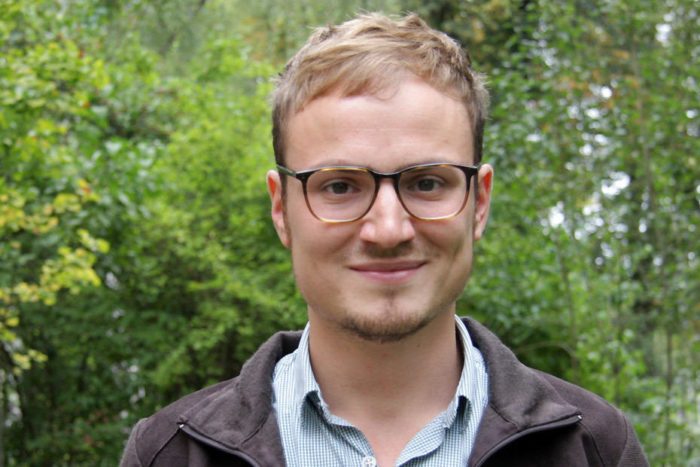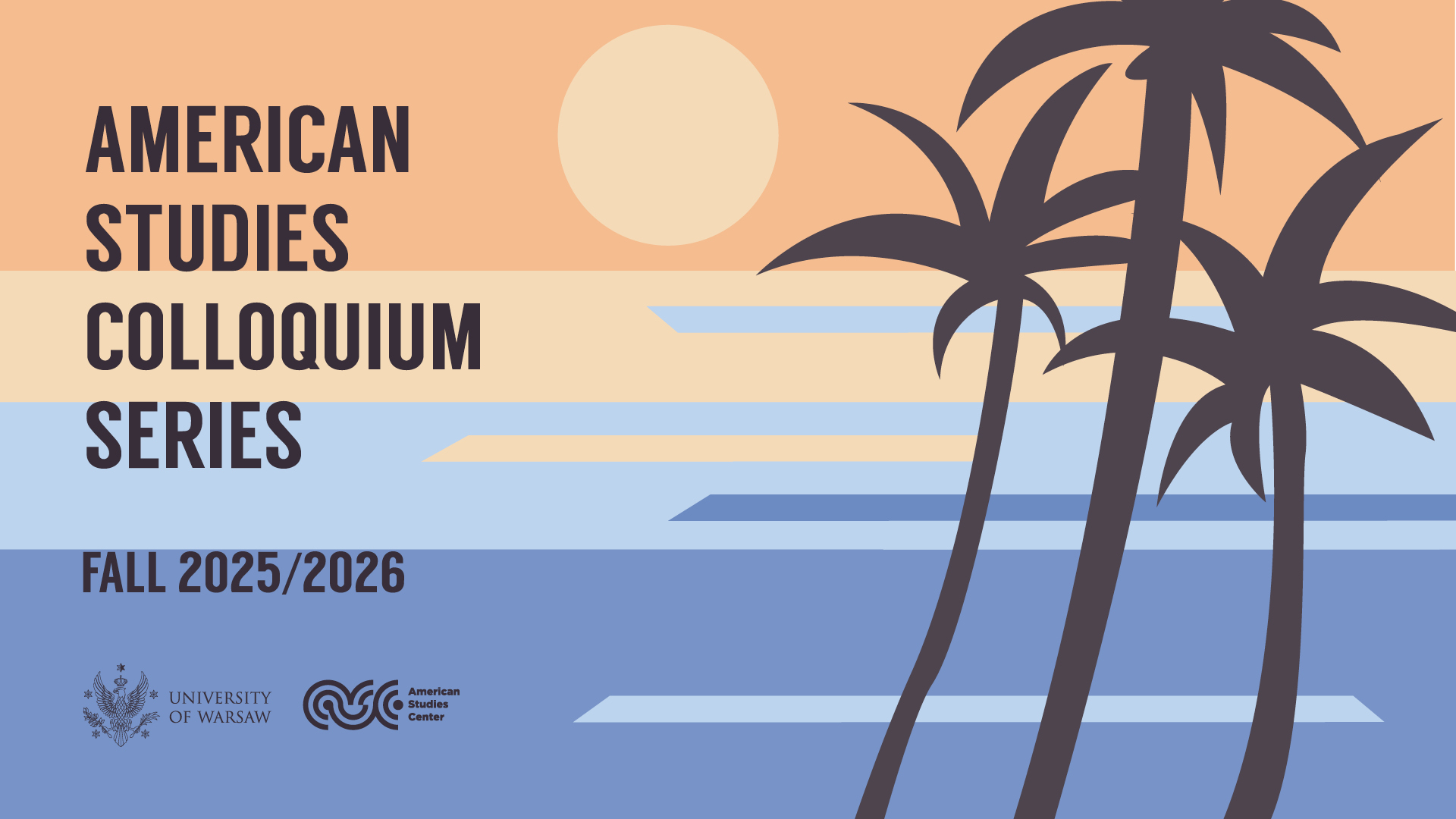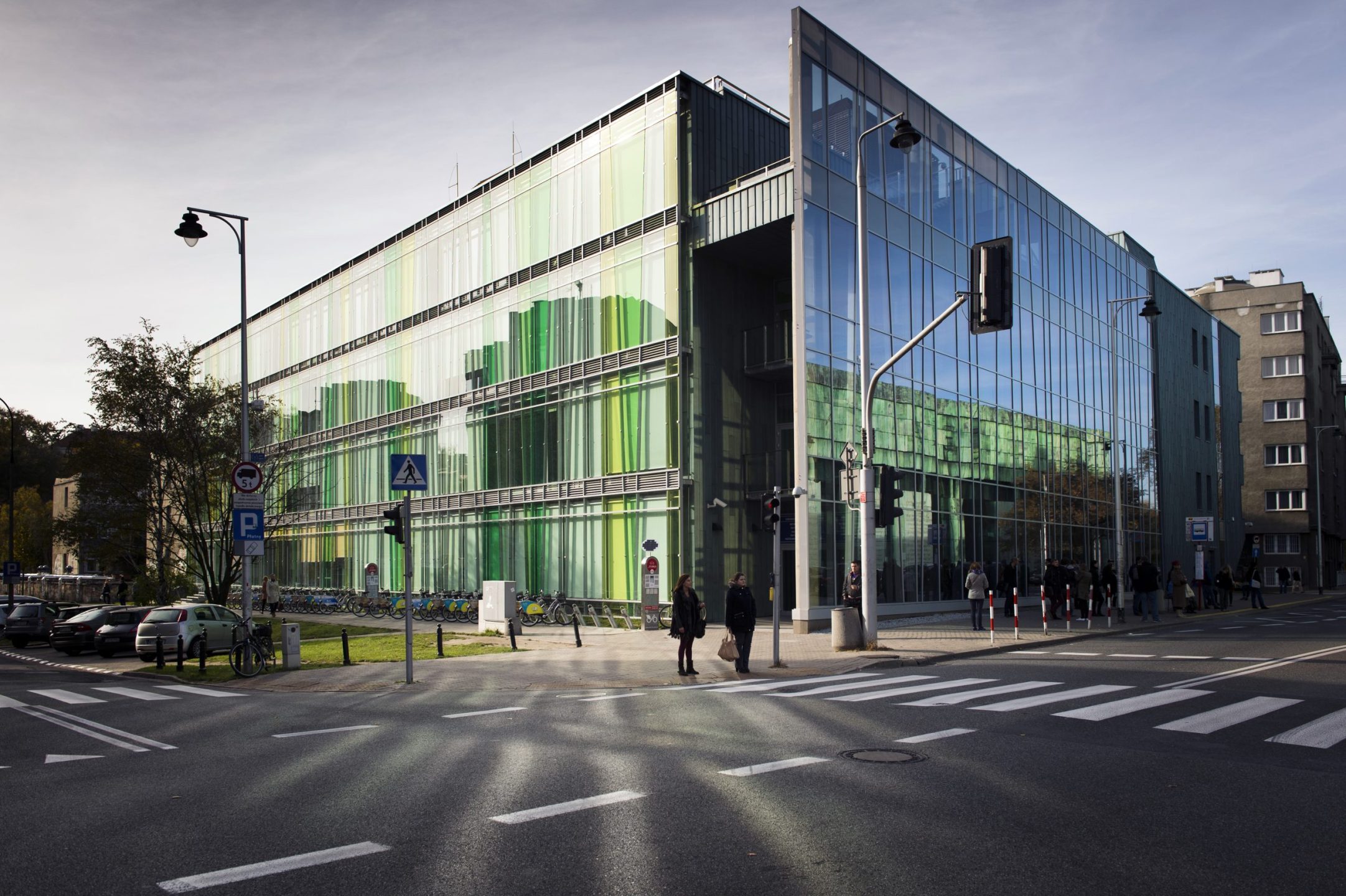We are pleased to announce a lecture by
Curd Knüpfer
Freie Universität Berlin
The Future of American Media and the Crisis of the Public Sphere
The lecture is going to be a part of the
American Studies Colloquium Series.
Thursday, December 5, 2019
at 4:00 p.m
Where?
American Studies Center, room 317,
al. Niepodległości 22, Warsaw.
What?
Digitalization and increased networkability of information sources have resulted in profound shifts in how news and political information reaches the American public. Two of the most pronounced trends are marked by a process of fragmentation and one of consolidation. While fragmentation can be seen as an increase in the amount sources that become available, consolidation refers to a process by which media ownership and distribution forms shift to fewer and fewer business models. While these two forces may seem countervailing at first glance, the emergent platform economy enables both to exist and exacerbate each other’s effects. The results are an increased segmentation of the American public as well as a radicalization of political discourse. This constitutes a fundamental challenge to democratic deliberation processes and a crisis of the American public sphere. The talk will explore and exemplify these developments and ultimately address the question of whether US democracy and the principles of ‘government of the people, by the people, for the people’ can survive the current set of challenges.

Who?
Curd Knüpfer is an assistant professor of political science with a focus on political communication and the US media system, working at the Freie Universität Berlin. Previously, he headed a research group at the German Internet Institute (Weizenbaum Institute) and worked as a postdoctoral researcher at the George Washington University’s School of Media and Public Affairs. His main research focus lies on right-wing and digital media.


